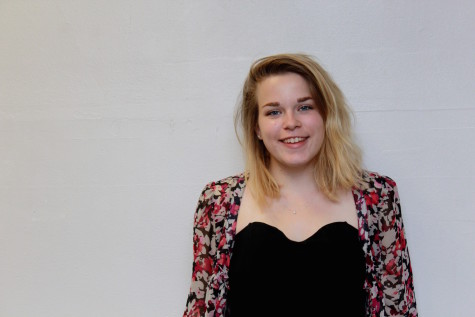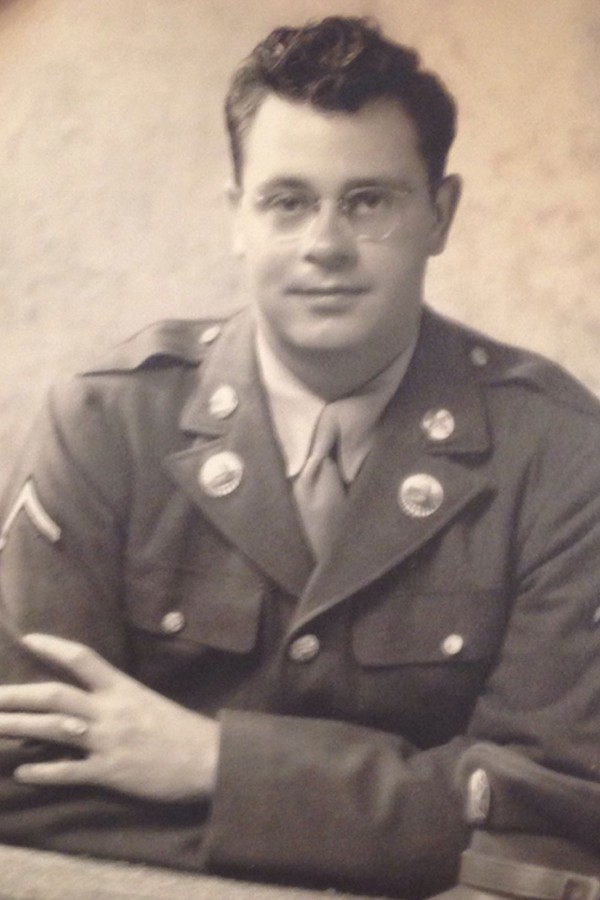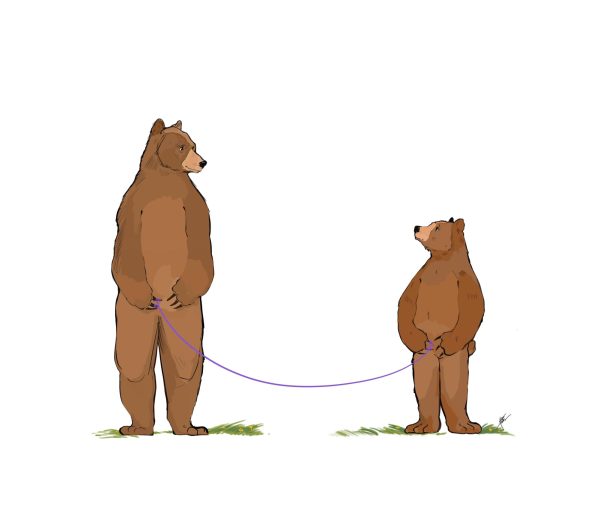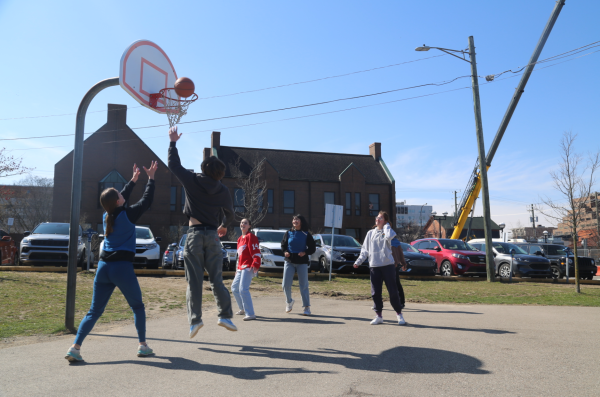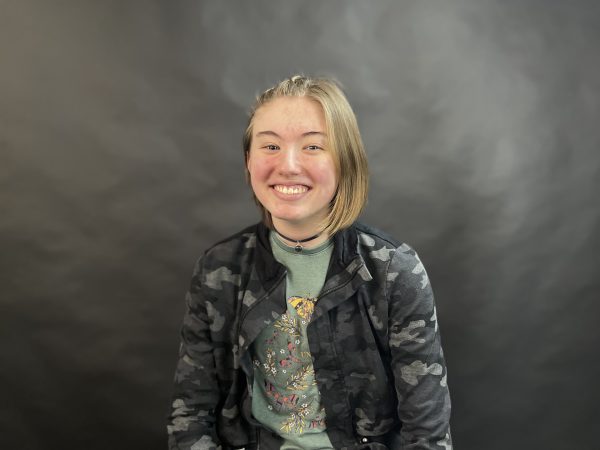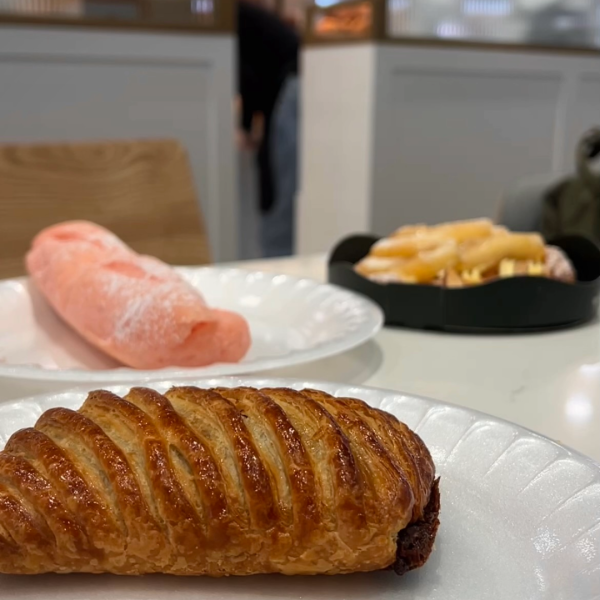Edmund Palmer Has Always Lived Life to the Fullest
Edmund Palmer had no way of knowing what he would accomplish in his life, nor was he capable of telling how long he would live. On a breezy September Saturday in 1923 – before he was the recipient of University of Michigan’s first skin graft, before he was a soldier in India, before he got his bachelor’s and master’s degrees in teaching and geography, before he met his wife and before he wrote his first book – Palmer took his first breath.
At three years old, Palmer suffered a hand injury from an automobile accident. At first his doctors were skeptical and contemplated amputation but they eventually decided to graft skin from his belly onto the back of his right hand. “[Their decision] saved my hand.” Palmer said.
His wife Elaine added that it was “the first successful skin graft at U [of M] Hospital.”
Palmer was drafted into the military in 1942, when he was nineteen years old. He arrived in Calcutta, India in late August of 1943 where he volunteered to be a military police dispatch rider. This particular job primarily involved riding a motorcycle. “No I did not [know how to ride a motorcycle]” Palmer said. “They called for volunteers in India. And it sounded like a fun thing to do so I volunteered.” As a dispatch rider, he did not see much action during his two and a half years in the service, other than a bombing the November after he arrived. He was directing traffic near a major port when the Japanese dropped bombs a mere three blocks away. “The Japanese were concerned about American troops in Calcutta and the supplies that were coming in,” Palmer said. “I don’t recall how many times it was bombed…but several times.”
Not long after Palmer returned to the U.S. from India, he earned his bachelor’s degree in teaching from Eastern Michigan University as well as his master’s in geography from University of Michigan. He taught middle school history and geography for many years before retiring in 1981. “The major reason for that [becoming a teacher] was my two and half years in India. India, at that time, and even today in the rural areas was a third world country with a lot of disease and starvation. And I was so impressed by the little children of India. They didn’t attend school, many were starving with their little bellies just protruding out…they were just little kids that just didn’t have a future. And I tried to do as much as I could for the children while I was stationed in India.”
Shortly before Palmer was sent to India, he met his future wife Elaine in California. They married in August of ‘47. “But I first met her when she was twelve years old… I went out to California to visit my brother who by the way had married my wife’s older sister,” Palmer said. “So I went to California wondering if there was one as pretty. And there was one more. Only she was twelve years old. So I waited until she was eighteen.” Palmer was twenty four when they married. When later questioned about the happiest day of his life, he said: “I think it was August 10th, 1947… that’s when I married my wonderful wife.”
Along with being a teacher, husband and ex-military man, Palmer is also a published author. His book, “Monk And Me”, is a historical fiction novel is about gangs, money, and family in Chicago and Detroit during the Prohibition period. “…I don’t know how it came about that I wrote it. I just started writing it. As a matter of fact, at first I thought it would be a short story. And then it just progressed from there and I kept writing,” Palmer said. “I used a pencil and a yellow pad in all of my writing. I didn’t use a computer or word processor until the book was finished.” He hopes to write another book about his military experiences using the same method.
Palmer gave one last thought on his life so far: “Well it’s been a long happy life, and I’ve had lots of experiences. Of course, you never know what the future holds… but I am very optimistic about it.”
He turned 91 on September 8th.
